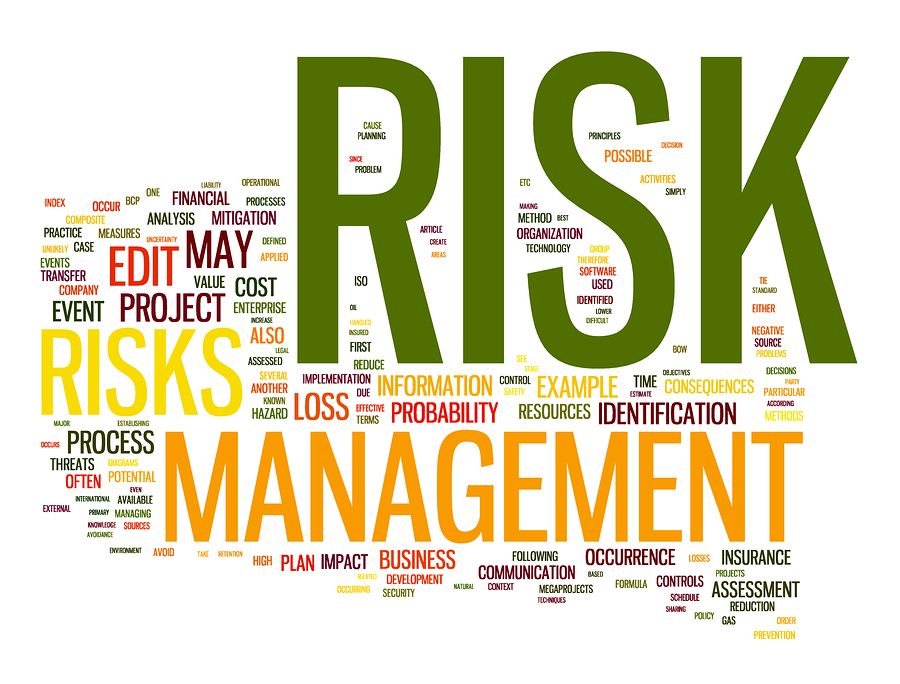
In today’s rapidly evolving technological landscape, businesses of all sizes face numerous risks that could potentially disrupt their operations. From cyber threats to natural disasters, it is essential for organizations to establish effective risk management strategies to ensure stability and longevity in the highly competitive tech industry.
Identifying and Assessing Risks
Before implementing risk management strategies, businesses must first identify and assess potential risks. This involves conducting a comprehensive analysis of internal and external factors that may impact the organization’s ability to function efficiently. Common risks in the tech niche include data breaches, system failures, intellectual property theft, and market fluctuations.
Developing a Risk Mitigation Plan
Once risks have been identified, businesses should develop a risk mitigation plan that outlines specific actions to minimize their impact. A well-defined plan typically includes elements such as preventative measures, incident response protocols, and contingency plans. By proactively addressing potential risks, companies can significantly reduce the likelihood and severity of disruptions.
Implementing Security Measures
Cybersecurity is a paramount concern for tech businesses. The interconnected nature of modern technology puts organizations at risk of data breaches and unauthorized access. To ensure business stability, robust security measures should be implemented, including encryption, regular system audits, intrusion detection systems, and employee training on cybersecurity best practices. A proactive approach to security significantly reduces the chances of critical data breaches or service disruptions.
Diversifying Revenue Streams
Overreliance on a single revenue stream poses a significant risk to business stability. The tech niche is highly competitive and prone to rapid market shifts. To mitigate this risk, businesses should diversify their revenue streams by offering a range of products or services. By doing so, they are better positioned to adapt to changing market conditions and remain stable even during unforeseen disruptions.
Building Strong Business Relationships
Collaboration and partnerships are crucial in the tech industry. By fostering strong relationships with suppliers, customers, and other stakeholders, businesses can establish a support network that can provide assistance during challenging times. Strong relationships also enable access to valuable resources, expertise, and shared knowledge, further enhancing business stability.
Regular Evaluation and Adaptation
Risk management is an ongoing process that should be regularly reviewed and adjusted based on changing circumstances. Businesses should conduct periodic evaluations to identify emerging risks, reassess existing mitigation strategies, and make necessary updates to their risk management plans. By staying proactive and adaptable, businesses can maintain stability and stay ahead of potential threats.
Conclusion
In the fast-paced tech niche, risk management is an integral part of ensuring business stability. By actively identifying and assessing risks, developing comprehensive mitigation plans, implementing robust security measures, diversifying revenue streams, building strong relationships, and regularly evaluating and adapting strategies, businesses can safeguard their future and thrive in the face of uncertainty.

